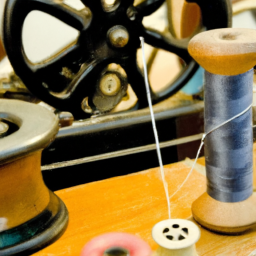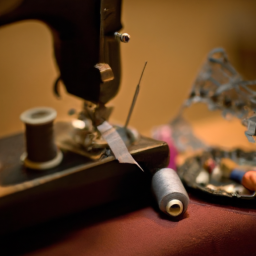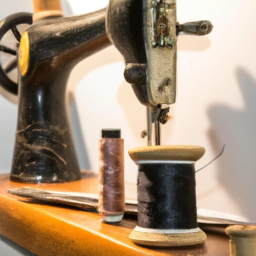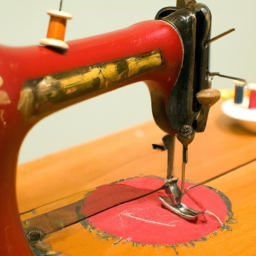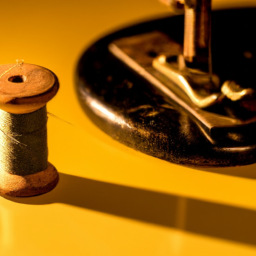
History of Sewing in Fashion
Throughout history, sewing has played a crucial role in the fashion industry. From ancient civilizations to modern times, skilled artisans and designers have utilized various sewing techniques to create intricate garments that reflect the essence of their respective eras.

Sewing techniques have evolved significantly over time. In ancient civilizations, sewing was performed by hand using basic tools like bone or ivory needles and threads made from natural materials such as animal sinew or plant fibers. These early techniques paved the way for the development of more sophisticated stitching methods.
During the Middle Ages, advancements in sewing became more prominent. The introduction of the needle made of steel or iron revolutionized the industry, allowing for more intricate and precise stitching. Couturiers and tailors played a vital role in creating tailored garments for the nobility, showcasing the importance of sewing in fashion during this era.
The Industrial Revolution marked a turning point in fashion and sewing. With the invention of the sewing machine in the 19th century, mass production became possible. This innovation enabled garments to be produced at a faster pace, making fashion accessible to a larger population. The sewing machine significantly influenced the growth of ready-to-wear clothing, changing the landscape of the fashion industry.
Sewing techniques continued to evolve throughout the 20th century, with the introduction of new materials such as synthetic fabrics and improved sewing machines. The rise of fashion houses and designers further pushed the boundaries of sewing, resulting in unique and avant-garde creations.
Today, sewing remains an essential skill in fashion. While modern technology has made sewing more efficient, many designers still value the artistry and precision of hand-sewn details. Moreover, sewing enthusiasts and DIY fashionistas continue to explore sewing as a means of self-expression and creativity.
Image Source: example.com
